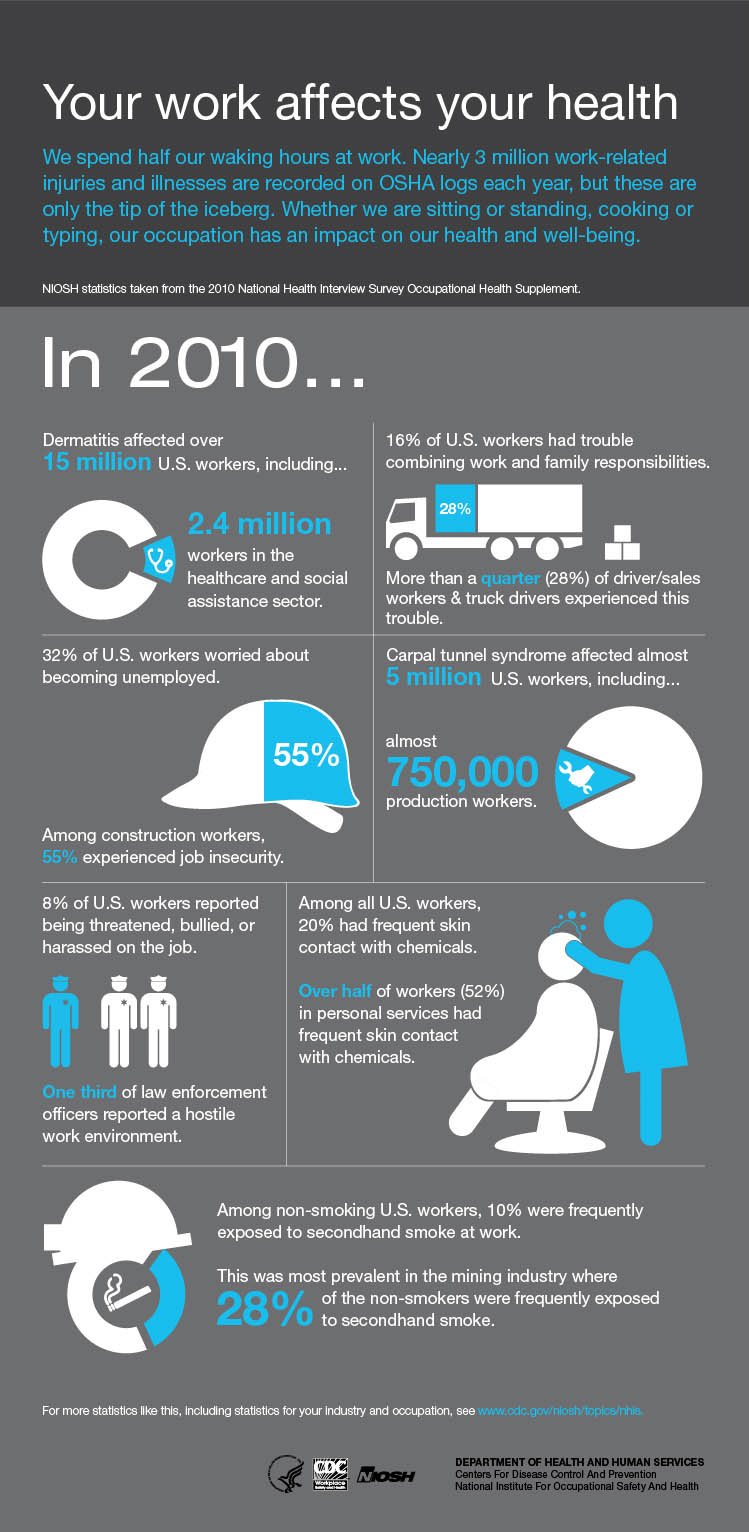By Jerry Avenaim | EXECUTIVE DIRECTOR |
It is estimated that the number of millennials — young adults born between 1981 and 1996 — afflicted with a mental health condition is at 40 percent.
Similar shocks have plagued previous generations. The Vietnam War and the AIDS epidemic affected the boomer generation and the silent generation, respectively. But the recent COVID-19 crisis has made the mental health problems of millennials even more prevalent.
TABLE OF CONTENTS
- Millennials with Depression and Anxiety
- Millennials Struggle with Financial Challenges
- Millennials Worry About Making the Right Choices
- Millennials Mental Health and Self-Care
- Millennials Mental Health at Work
- Millennials Struggle with Time and Cost of Treatment
- Millennials can Struggle with Adjusting to Adulthood
- The Good News about Mental Health among Millennials
Millennials with Depression and Anxiety
Millennials suffer from an increasing number of mental health conditions, and this trend is affecting their overall health. For example:
- Millennials have seen an increase in major depression and alcohol use disorders in the past year.
- Nearly one-third of millennials have some type of behavioral health problem.
- They’re more likely to suffer from depression than their elders. In February 2017, 57 percent of US adults reported symptoms of depression and anxiety, compared to just 46 percent of their older counterparts.
Despite this, millennials have the lowest rate of suicide in any generation, although approximately 40 percent of one survey’s participants admitted to seriously considering suicide in the past year.

Millennials are considered an “anxious generation.” They have been raised in an era where the internet is at their fingertips, and they constantly compare their lives to other people’s. A recent study found that 92 percent of millennials felt their mental health had gotten worse since the COVID-19 crisis, in part because of having hoped their circumstances would be better by now.
The rise of pushy parents is also contributing to the increasing anxiety of young people.
Older millennials have experienced stigma around mental health, and even though this has become less common, the problem is still significant. Many still face judgment from their peers around seeking help. For example, nearly half of participants said they had a difficult time deciding to book counseling from mental health professionals in the last year.
Suggestion
The first step is to see your primary care practitioner and be prepared with a list of questions, such as the NIMH Taking Control of Your Mental Health: Tips for Talking with Your Health Care Provider fact sheet. This can make all the difference in the referral you get.
Millennials Struggle with Financial Challenges

Millennials have faced many mental health challenges, some of them caused by financial concerns:
- In addition to working longer hours than past generations, many are still paying off college debt.
- The pandemic forced many employers to shut down or pivot their operations, forcing millennials to find work elsewhere.
- Millennials are also more likely to be unemployed.
- As a generation, millennials have gone through the two most significant economic collapses in recent history — the student loan crisis and the widening gap between rich and poor.
- A record number of millennials are living at home. Millennials now live with their parents at a rate not seen since the Great Depression. In fact, one-third of millennials plan to move back home in the near future, as compared to 23% of their parents’ generation.
Suggestion
One of the best ways to deal with financial stress is being able to live within your means and reduce any debt, but that can be incredibly difficult if you have no job or a low-paying job to start with.
Fidelity, in their Smart Money article “Why mental health matters for your money,” says that we can tend to spend more when our mental health takes a nosedive, which makes it all the more important to have a budget in place all the time, whether that’s for an unemployment check or freelance work or gigs.
They recommend you:
- Acknowledge your emotional relationship with money.
- Create a budget.
- Talk to a mental health professional and a financial advisor.
Millennials Worry about Making the Right Choices
According to culture critic Kalev Rudolph, millennials’ worries are fueled by the social and political shifts in society and their own personal struggles.
Suggestion
Many newer life coaches struggling to be seen in a highly competitive industry are happy to do a free life coaching session in exchange for your feedback. This can be a very helpful way of finding someone to ask you the right questions about your hopes and fears so you can come to a greater level of understanding about what’s holding you back.
Important
Often, decision fatigue is a sign of a more serious mental health issue. Symptoms of decision fatigue can include:
- chest pain,
- increased anxiety, and
- a weakened immune system.
To help alleviate symptoms, talk to your primary care doctor or a mental health professional.
Millennials Mental Health and Self-Care

Despite the rise of depression and anxiety, millennials are becoming more aware of the importance of self-care — the conscious decision to take care of oneself and focus on your interests and needs rather than focusing on the success of others. This is similar to securing one’s oxygen mask before helping others.
Suggestion
There are many ways to improve one’s level of self-care, but we recognize that the guidance of a mental health professional is a vital first step. However, good self-care can strengthen mental health.
- Mental self-care: If you have changes in your sleeping habits and appetite, or if you have trouble concentrating on anything, or if you are finding your emotions or behavior less trustworthy, it’s a good idea to see your primary care practitioner for a mental health screening and a referral, if recommended. Learn more about how to get help or find a provider on the NIMH’s Help for Mental Illnesses webpage.
- Physical self-care: Examine your current diet, exercise plan, sports activities, sleep habits, and alcohol and drug intake and readjust gradually until you are satisfied that you are nurturing your body well.
- Social self-care: Study how long you feel comfortable in one-on-one and group conversations and at social events and plan on spending a certain amount of time in good company each week.
- Financial self-care: Avoid any event that might exceed your spending ability and plan things that are within your weekly and monthly budget. If you don’t have a budget, here’s a simple way to start.
- Spiritual self-care: Whatever your beliefs, find a way to connect or reconnect with them and set up a regular practice of joining others who follow the same line of thinking.
- Relational self-care: Plan out how often you would like to spend time with family and friends and set up some dates in your calendar, so you know you’ll follow through. The double benefit of this is that those you love also feel pleasure in knowing that you want to spend time with them.
- Learning self-care: List all the things you’d like to learn more about and pick one or two. Then research books, online classes, YouTube videos, or even community college courses that will help you grow your knowledge.
Mental Health at Work
In addition to a lack of supportive social networks, millennials worry about their mental health at work.
While researchers believe that the millennial generation is more susceptible to burnout, they also report more distress and lower emotional well-being compared to previous generations. The nature of work has become increasingly stressful and competitive, and millennials don’t have much time for themselves. They don’t want to look “weak” by suggesting their mental health is not perfect, even though work pressures are jeopardizing their mental health.

Additionally, millennials are facing higher levels of stress and competition in the job market than any other generation and are competing with cheaper remote workers. They are also finding it difficult to find a satisfying career that gives them the satisfaction they crave and pays them a living wage. They are also spending more time studying outside work hours than their predecessors in their efforts to find the right career path.
These anxieties can prevent them from enjoying what they have in the present. The American effort to be superhuman is highly detrimental, while focusing on making mental health a priority causes them to perform better at work.
Mental health challenges contribute to a lot of sick leave and work-related disabilities, low company morale, and low productivity, so it is in any employer’s best interest to make sure their employees have all the mental health help they need

Suggestion
- Behavioral health treatment can be integrated into an employer’s wellness program to promote mental health among employees. If you are in a position to talk to the person who makes these decisions, it could help. Read a sample workplace policy on mental health.
- Take a communications class to learn how to communicate better with colleagues and describe concerns to someone over you.
- Go to relationship counseling if it’s affecting your work.
- Apply for other jobs if unrealistic expectations are being placed on you or if you have job insecurity.
Millennials Struggle with Time and Cost of Treatment
But time and cost are the biggest barriers to getting the proper mental health treatment for millennials. A visit to a therapist every week can add up quickly in both time and money.
Virtual visits can make the process of behavioral health treatment more convenient for employees. Virtual visits can also eliminate the need for an employee to miss work to attend an appointment.

The cost of good mental health care is discouraging, but there are many resources for finding low-cost health services, including:
- Health Resources and Services Administration (HRSA): For information about finding affordable healthcare.
- Centers for Medicare & Medicaid Services (CMS): Lists benefits and eligibility for mental health programs and how to enroll.
- The National Library of Medicine (NLM) MedlinePlus: Can help you find a health practitioner.
- Help for Service Members and Their Families or the U.S. Department of Veteran Affairs’ mental health: For resources for service members and veterans.
- Substance Abuse and Mental Health Services Administration (SAMHSA). SAMHSA’s National Helpline is 1-800-662-HELP (4357).
- Behavioral Health Treatment Services Locator
Millennials can Struggle with Adjusting to Adulthood
Millennials, now in their thirties, are no longer kids and while they might outwardly show a stable life with participation trophies collecting dust, shiny social media profiles, jobs, and relationships, it is possible they are struggling with adulthood.
According to Jeffrey Arnett, a professor of psychology at Clark University and a pioneer in the field of adolescent development, many millennials still have a difficult time adjusting. Many feel aimless in their new roles, even after finishing college and having their own jobs, and they keep putting off making important life decisions because they didn’t feel ready for adulthood.
Many of the challenges millennials face are based on their cultural, economic, and political backgrounds and current societal events and economic conditions, and older generations expect a lot from them, adding to their stress. Millennials’ young adults carry generational influence, and they are expected to have a positive impact on the society.

Despite the negative connotations of millennials on social media, they do appear to be the most optimistic generation of all time. They are increasingly determined to pursue their independence and thrive. Although they struggle to adjust to adulthood, millennials are still more optimistic about their futures than their predecessors, especially for their future economic status. They are more likely to believe that their children will have a good standard of living, while older adults are apprehensive of the future.
We hope that over the next decade the cost of professional care will diminish and that our culture will become more supportive and understanding of all the mental health challenges millennials face. The rise of better business practices and health-based nonprofits is a good indicator that this might happen.
If you or someone you know needs immediate mental health-related attention, please call the National Suicide Prevention Lifeline at 1-800-273-TALK (8255) or text the Crisis Text Line (741-741) with the word HOME. Both services are free and available 24 hours a day, 7 days a week. All calls are confidential.
If you think someone is an immediate danger to themselves or others, please call 911 and ask for first responders trained in mental health crises.
The Good News about Mental Health among Millennials
Millennials have a greater willingness to talk about mental health, as well as more openly discuss their experiences, than any previous generation. The social acceptance of mental illness is an important step toward tackling the problems that affect their well-being.
A recent study by the Center for Collegiate Mental Health at Penn State University showed that millennials are more likely to seek help for their mental health issues than previous generations. Millennials view therapy as a way to improve themselves. Because of this, they tend to seek out help when they feel inadequate or out of control. This may explain why the number of millennials who seek treatment for mental illness increased by 26 percent between 2014 and 2018.
Subscribe to get notifications about future articles.
About the Author: Jerry Avenaim – EXECUTIVE DIRECTOR


